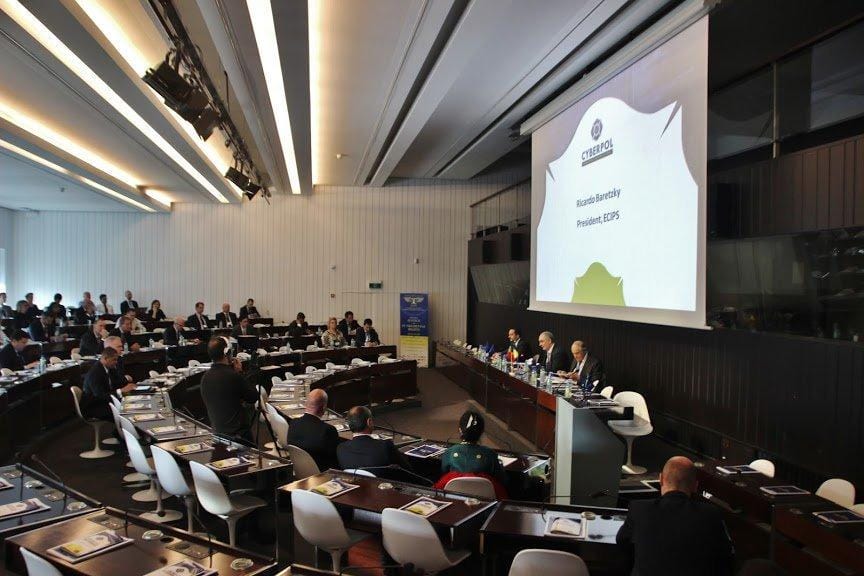In the wake of the European Commission's recent Antitrust case against Insurance Ireland (AT.40511) and its subsequent judgment on June 30, 2022,
In the wake of the European Commission’s recent Antitrust case against Insurance Ireland (AT.40511) and its subsequent judgment on June 30, 2022, the European Centre for Information Policy and Security (ECIPS) has embarked on a significant endeavor. ECIPS has initiated formal investigations into insurance practices within the European Union, aiming to scrutinize the accessibility of refunds by insurance firms. This move comes on the heels of disturbing revelations indicating that insurance companies are compelling victims to bear the brunt of their losses upfront, under the guise of reimbursement promises, only to leave many trapped in a cycle of financial distress.
The cases being pursued by ECIPS will be brought to the attention of the European public prosecutors and may be overseen by a multidisciplinary panel within ECIPS’ mandate to combat organized crime in the European Union. Such practices straddle the line of serious organized crime, as they not only infringe upon the rights of victims to timely compensation in times of loss but also perpetuate further victimization through coercive tactics such as “you pay first, then I refund you” policies.
While appropriate authorities have been made aware of these practices, it is inevitable that insurance firms across the European Union will find it difficult to evade scrutiny. The gravity of the situation demands a swift and decisive response to ensure that victims are protected from exploitation and that justice is served.
Uncovering Systemic Issues:
The initiation of Antitrust cases by ECIPS sheds light on systemic issues within the insurance sector of the European Union. At the heart of these investigations lies the fundamental question of whether insurance firms are fulfilling their obligation to provide adequate coverage and timely refunds to policyholders.
The discovery that victims are being coerced into shouldering the financial burden of their losses before receiving reimbursement underscores a troubling trend. This practice not only exacerbates the financial strain on victims but also erodes trust in the insurance industry as a whole. ECIPS’ decision to intervene signals a commitment to upholding the rights of consumers and holding insurance companies accountable for their actions.
Implications for Organized Crime:
The characterization of these practices as bordering on serious organized crime underscores the severity of the situation. By exploiting the vulnerability of victims and perpetuating coercive tactics, insurance firms are engaging in behavior that undermines the principles of fairness and justice.
Moreover, the ripple effects of such practices extend beyond individual cases, contributing to a broader culture of impunity and exploitation. ECIPS’ mandate to investigate organized crime positions it as a pivotal actor in addressing these systemic issues and safeguarding the interests of citizens across the European Union.
Call for Accountability:
As ECIPS moves forward with its investigations, there is a pressing need for accountability within the insurance industry. Insurance firms must be held to account for their actions and compelled to rectify any wrongdoing. This requires not only robust regulatory oversight but also active collaboration between law enforcement agencies, regulatory bodies, and consumer advocacy groups.
Furthermore, the outcomes of these investigations must serve as a catalyst for systemic reform within the insurance sector. Measures aimed at enhancing transparency, strengthening consumer protections, and promoting accountability should be prioritized to prevent similar abuses from occurring in the future.
Conclusion:
The initiation of Antitrust cases by ECIPS against insurance practices in the European Union represents a significant step towards addressing systemic issues within the insurance industry. By shining a spotlight on coercive tactics and exploitation, ECIPS is sending a clear message that such behavior will not be tolerated.
Moving forward, it is imperative that insurance firms are held accountable for their actions and that measures are implemented to prevent similar abuses from occurring in the future. Through collaborative efforts between regulatory bodies, law enforcement agencies, and consumer advocacy groups, meaningful change can be achieved, ensuring that the rights and interests of consumers are protected and upheld.
FONTE : www.ecips.eu

